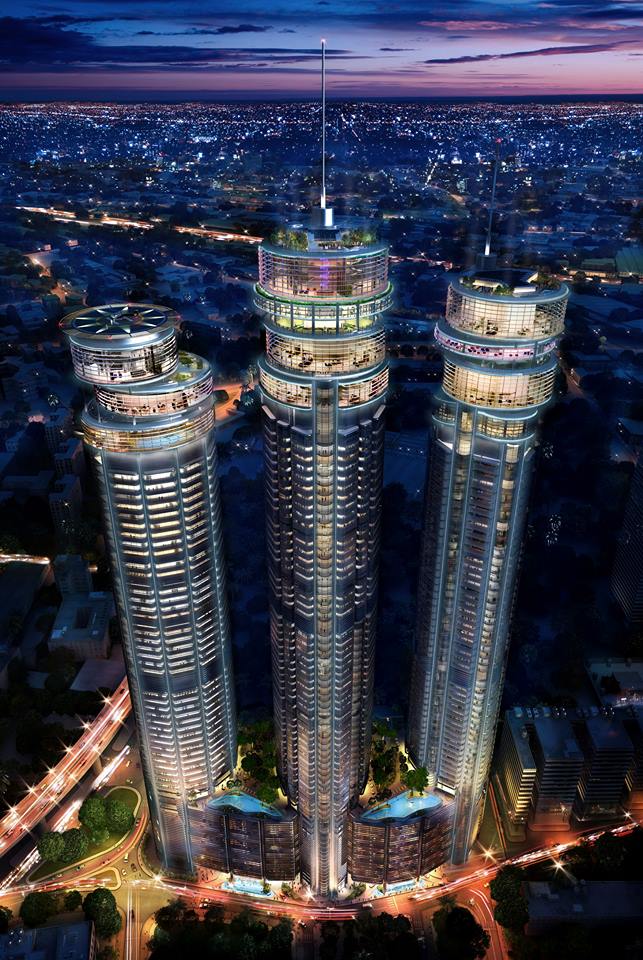
Although sustainable real estate is still in a nascent stage in the country, India is actually one of the leading counties when it comes to green buildings development. In fact, India ranks only second after the U.S. in terms of the number of green technology projects and built-up area.









